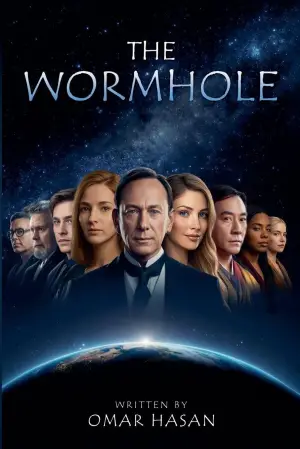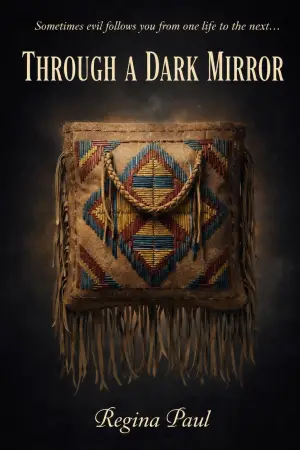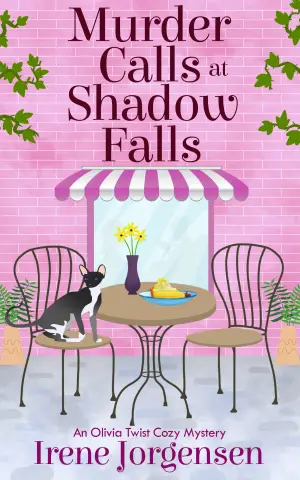As an avid reader who deeply values stories that weave complex themes into their narratives, I was drawn to The House of the Scorpion by Nancy Farmer. I had often heard about this internationally bestselling, National Book Award-winning young adult classic, and the premise intrigued me. The exploration of identity, morality, and the struggles of a young clone named Matt, who was harvested from the DNA of a drug lord, promised a unique take on what it means to be human.
As I delved into the 432 pages of this gripping novel, I was struck by how well-written and engaging it was, aligning perfectly with many readers’ sentiments. The world that Farmer creates—a dystopian setting in a future where Mexico has ceded land to drug lords—is richly detailed and provides a backdrop that reflects deep societal issues. The character development, particularly of Matt, is profound. Throughout the novel, Matt grapples with his identity in a world that sees him as less than human, and this struggle is both heart-wrenching and relatable. His relationship with his caretaker, Celia, and the bonds he forms with other characters provide moments of both warmth and tension that kept me turning the pages.
One particular strength of the book is its exploration of themes such as love, loyalty, and the quest for identity. The vivid imagery, which many readers have noted, captures the emotional weight of Matt’s journey as he learns to navigate a world that fears and despises clones. Another high point is the pacing. The story maintains its momentum as Matt’s life unfolds within the confines of the Alacrán Estate, where sinister characters loom, and the stakes rise with each chapter.
However, not all aspects sent me soaring. While many readers found the dynamics between the characters engaging, some critiques resonate with me, especially regarding the villains. They often come off as one-dimensional, leading to situations where their motives feel predictably evil without much depth. This slightly detracted from the complexity I was yearning for, as I wished for characters that could challenge Matt beyond the surface.
Additionally, I felt the emotional weight of some moments could have been heightened. For instance, while the ethical dilemmas presented—particularly regarding organ donation and the morality of cloning—are compelling, there were moments where I thought the book could have delved deeper into the psychological impacts of Matt’s existence. The insights from readers like fra7299 hit home for me; this book certainly transcends typical young adult literature by pondering profound questions on humanity.
Having grown up enjoying books like The Prisoner of Azkaban, I share a sentiment with reviewer Mario Anthony Lopez, who fondly remembers the impact this book had on him in the sixth grade. It’s easy to see how this beloved classic resonates with readers young and old, and as I read, I couldn’t help but reflect on its potential to spark meaningful conversations about identity and ethics, much like it did for MissD’s seventh-grade reader.
In summary, The House of the Scorpion is a beautifully crafted story that doesn’t shy away from exploring tough themes. It encapsulates what it means to struggle for identity in a world that often categorizes individuals at first glance. While some character arcs could use more nuance and depth, the powerful narrative and themes of love and morality more than compensate for these shortcomings, earning this book a solid 4.5 out of 5 stars from me.
I wholeheartedly recommend this book to readers over the age of 11 who are ready to engage with its complex themes and rich storytelling. It’s sure to be a thought-provoking adventure that stays with you well after the last page. Whether you’re revisiting it or discovering it for the first time, prepare to be captivated by Matt’s journey in a world rich with intrigue and moral complexity.
Discover the captivating story of loyalty and identity in The House of the Scorpion. >>








